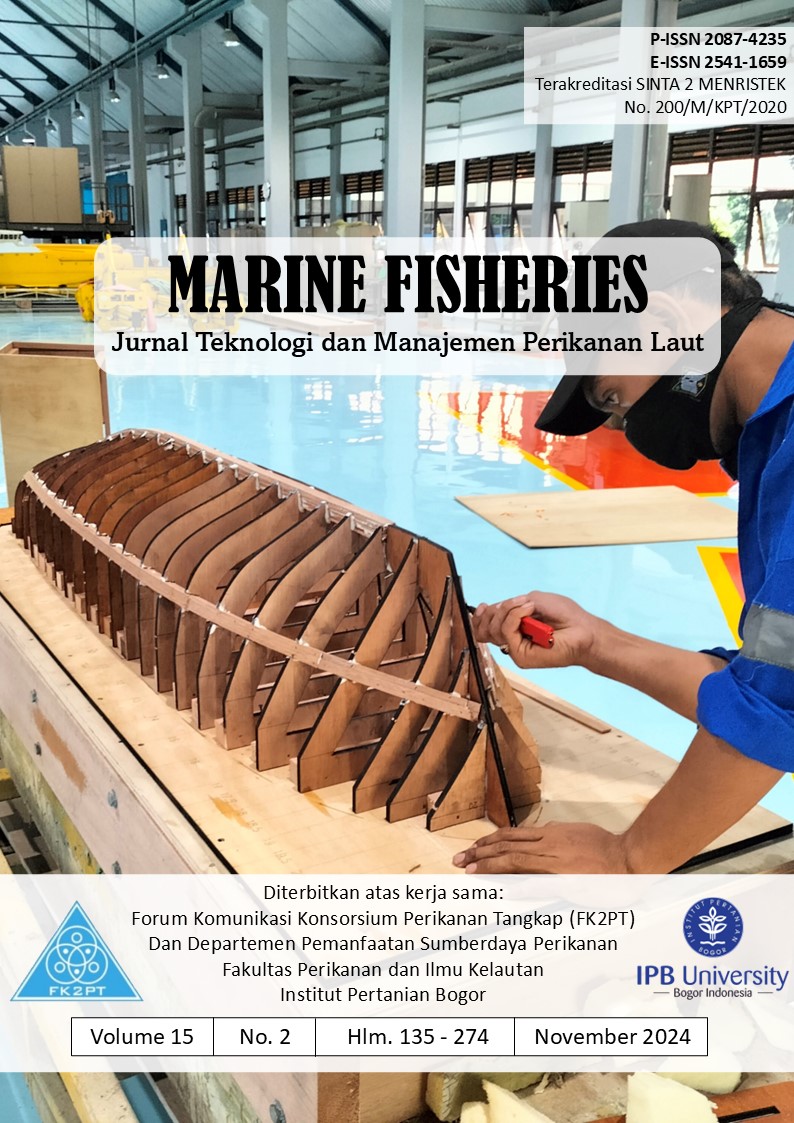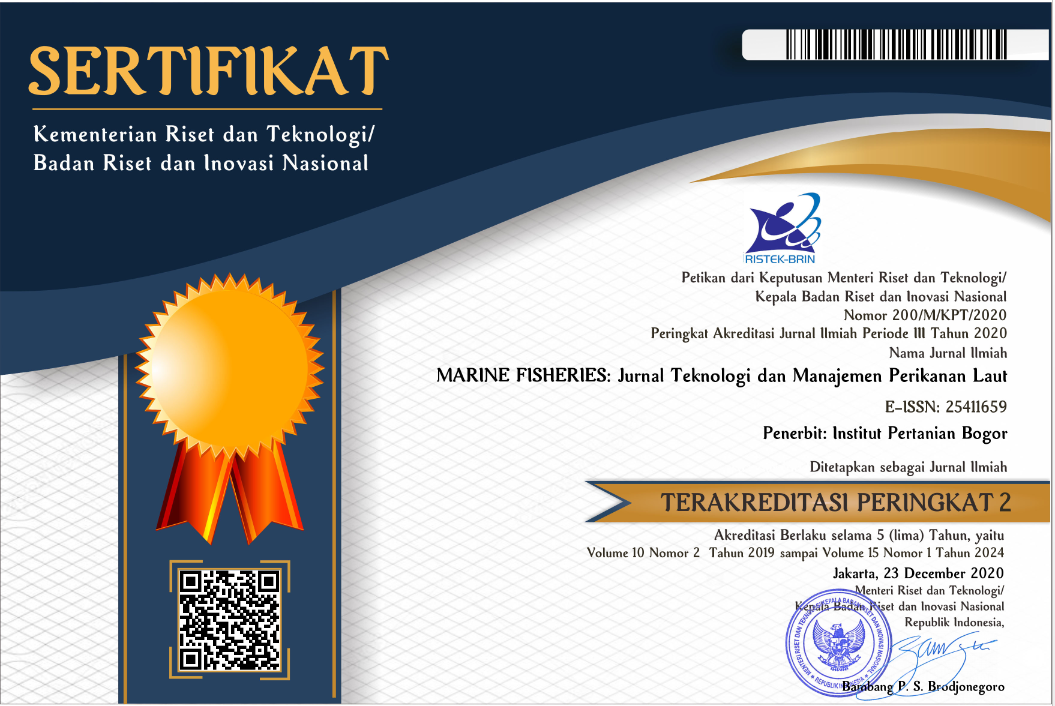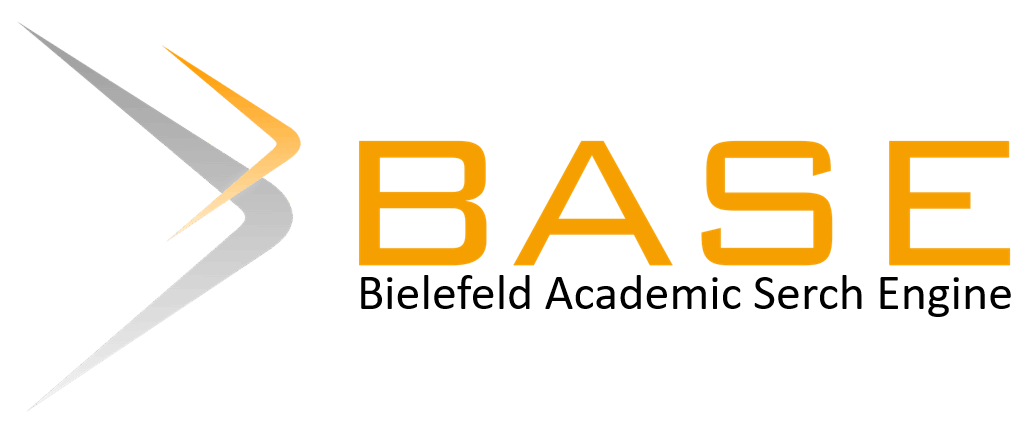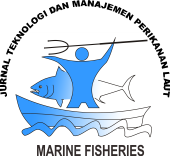DESIGN AND DEVELOPMENT OF A DEEP LEARNING-BASED AUTOMATIC FISHERIES LOGBOOK FILLING TOOL
Abstract
Filling out a fishery logbook is critical in capturing fisheries to maintain fishery sustainability. However, manual logbook filling often leads to errors in data recording, which can impact the accuracy and quality of fishery data. This study propose the design of an automatic fisheries logbook filling tool based on Deep Learning, called FLOADS (Fisheries Logbook and Detection System). This system consists of instruments placed at the ship's hatch, equipped with a camera capable of detecting fish species, measuring the weight of individual fish passing through, and recording and sending data, along with the ship's position and speed, to a server on land. The development stages of the FLOADS include problem identification, tool design, prototype development, and field testing. The FLOADS prototype consisted of three parts: a fish collection container, a fish sliding area, and an Imaging Box with dimensions of 120 cm × 65 cm × 82 cm. Validation of the YOLOv5 model showed an accuracy rate of 99.07% and an F1-Score of 99.1% for recognizing the Tuna, Cakalang, and Tongkol (TCT) fish species. Field testing was conducted in Palabuhanratu using a 10 GT fishing vessel. The field testing results show that FLOADS performs well on board to detect objects with an accuracy rate of 89.1% and track vessel activities with reasonable accuracy.
Keywords: Deep Learning, DeepSORT, Fisheries Logbook, Measurable Fishing, TCT.
Downloads
Copyright (c) 2024 Muhammad Iqbal, Muhammad Fadhilah Tanhir, Bachtiar Adi Apriliansyah, Xavercius Cezar Pratama, Kuntum Khaira Nadja, Alnodio Lotaldy, Prihatin Ika Wahyuningrum

This work is licensed under a Creative Commons Attribution-NonCommercial 4.0 International License.
Author(s) who published in this journal agree to following terms:
- Author(s) must understand and agree that the copyright script in published owned by the Marine Fisheries Journal. The copyright includes reproducing and selling the manuscript to all parties.
- Everyone can cite every manuscript published in Marine Fisheries for educational purposes, with the author's name and the Marine Fisheries Journal on reference.










